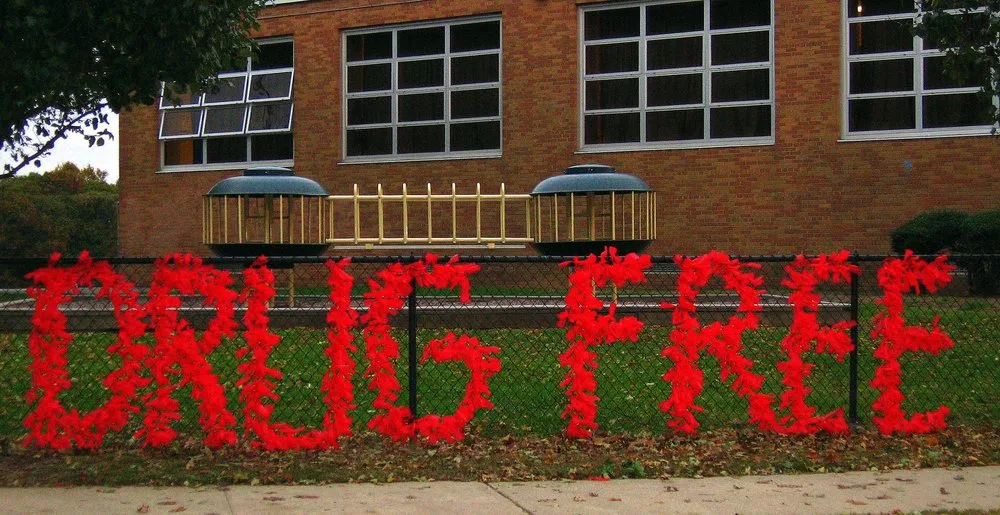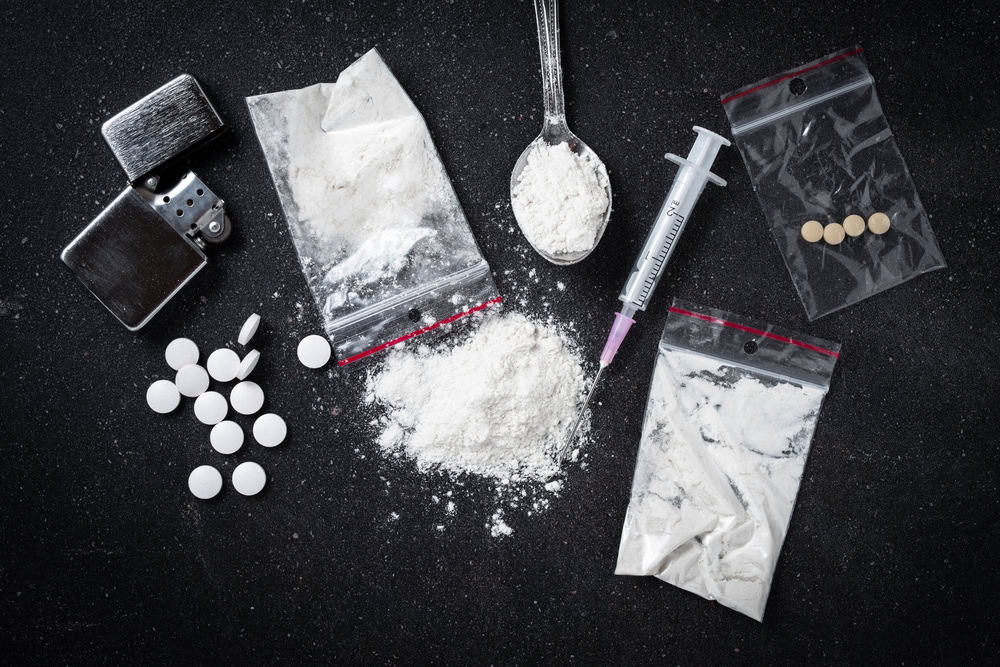Can I Quit Drugs Cold Turkey, or Is It Dangerous?
If you’ve ever thought about quitting drugs, alcohol, or even tobacco products all at once, you’ve probably wondered: Can I really quit cold turkey? The desire to stop immediately is understandable. Addiction can take so much from you, including your health, your relationships, and even your sense of self control.
Wanting to end it as soon as possible is a natural reaction, but while your motivation is powerful, the way you quit matters. For some substances, stopping suddenly can be uncomfortable. For others, it can be life-threatening. Understanding the risks and knowing safer alternatives can make all the difference.
What Does “Quitting Cold Turkey” Mean?
Quitting cold turkey means stopping a substance suddenly, without tapering off and without medical supervision. No step-down plan, no substitute medication, no professional support. For some people, cold turkey feels like the “toughest” way to quit. It's a way to prove strength and determination, but addiction is not just about willpower, it is a medical condition that affects brain chemistry, body systems, and emotional health.
Some substances, like nicotine, may cause withdrawal that is deeply uncomfortable but rarely dangerous. Others, such as alcohol, opioids, and benzodiazepines, can cause withdrawal symptoms that require medical care. That’s why the risks of quitting cold turkey depend on the substance and your overall health.
Why Quitting Cold Turkey Can Be Risky
Every drug affects your brain and body differently. Some substances create physical dependence that can make sudden withdrawal unpredictable. Here are a few of the most concerning examples:
Alcohol and Benzodiazepines

Alcohol and benzodiazepines (often prescribed for anxiety or insomnia) are among the most dangerous substances to quit cold turkey. Both slow down the central nervous system. When you suddenly remove them after long-term use, your brain can rebound in dangerous ways. This can trigger seizures, hallucinations, or delirium tremens.
For anyone with a history of heavy drinking or benzodiazepine use, quitting cold turkey without medical supervision carries higher risks than most people realize. In these cases, medical detox with around-the-clock care is strongly recommended.
Opioids
Opioid addiction creates intense physical dependence. When someone stops using opioids abruptly, withdrawal usually starts within 8 to 24 hours of the last dose and peaks within the next day or two. Symptoms can include nausea, vomiting, sweating, chills, rapid heartbeat, and extreme anxiety.
Opioid withdrawal is rarely directly life-threatening, but it can still be dangerous. Severe vomiting and diarrhea can cause dehydration and electrolyte imbalances, which can worsen heart conditions or high blood pressure.
The other major danger is relapse. After a short period of abstinence, your tolerance drops, and if you return to your usual dose, the risk of overdose skyrockets. That’s why medical detox and ongoing addiction treatment are far safer choices.
Nicotine and Tobacco Products
Many people quit smoking cold turkey, and while it isn’t usually life-threatening, it can be miserable. Withdrawal symptoms include irritability and depression, intense cravings, sleep problems, and difficulty concentrating. These symptoms make relapse more likely.
Nicotine replacement therapy, such as nicotine patches, gum, or lozenges, can reduce withdrawal symptoms and make it easier to stop smoking for good. Pairing these tools with counseling often leads to better long-term success.
Other Prescription Medications
Even some prescription drugs you might not think of as addictive, like certain antidepressants or sleep medications can cause severe withdrawal symptoms if they're stopped suddenly. People may experience dizziness, flu-like symptoms, or a rapid return of depression. This is another reason medical professionals should always be involved before stopping any medication, even if it wasn’t misused.

Withdrawal Symptoms You Might Experience
The intensity and type of withdrawal symptoms depend on the substance, how much you’ve been using, and how long you’ve used it. Common symptoms of withdrawal can include:
- Nausea, vomiting, and diarrhea
- Sweating, chills, and tremors
- Rapid heartbeat and changes in blood pressure
- Severe anxiety, irritability, and depression
- Insomnia and restless sleep
- Confusion, disorientation, or frightening hallucinations
- Intense drug cravings
These symptoms may appear within hours of your last use. For example, alcohol withdrawal can begin within 6–24 hours, and opioid withdrawal often starts within 8–24 hours. For some people, the first 24 hours are the most unpredictable and dangerous, especially if heart conditions or other medical risks are present.
Life-Threatening Complications
Many withdrawal symptoms are uncomfortable or painful. But others can be life-threatening:
- Seizures. Most often linked to alcohol and benzodiazepine withdrawal.
- Delirium tremens (DTs). A severe alcohol withdrawal syndrome that can be fatal without medical treatment.
- Severe dehydration. Uncontrolled vomiting and diarrhea are common with opioid withdrawal. This can worsen high blood pressure and put strain on the heart.
- Suicidal thoughts. Withdrawal often intensifies depression or anxiety. Without proper support, this can lead to dangerous thought patterns.
If you have existing heart conditions, high blood pressure, or a history of seizures, your risks are even greater. Quitting cold turkey without medical supervision in these cases can be extremely dangerous.
Safer Alternatives to Cold Turkey
You don’t have to choose between “cold turkey” and “keep using.” There are safer, more effective options.
Medical Detox
Medical detox, often the first step in addiction treatment, provides medical supervision in a safe setting. Trained medical professionals monitor your vital signs, provide IV fluids if needed, and administer medications to ease symptoms or prevent seizures. Medical detox reduces suffering and lowers the risk of life-threatening complications.
Medications for Opioid Addiction
For opioid misuse and addiction, medications like methadone, buprenorphine, or naltrexone can stabilize brain chemistry, reduce cravings, and protect against overdose. These medications are part of a long-term recovery plan that combines medical support with counseling.
Tapering Off Substances
For substances like benzodiazepines, tapering off under medical supervision is much safer than quitting cold turkey. Doctors may reduce the dose slowly over time, allowing your body and brain to adjust. This greatly reduces the risk of seizures and other severe withdrawal symptoms.
Nicotine Replacement and Stop Smoking Aids
If your goal is to stop smoking, nicotine patches, gum, or lozenges can ease nicotine cravings, irritability, and depression, making the process more manageable. These tools are especially effective when combined with behavioral support or counseling.
Inpatient Drug Rehab
For people with severe substance use disorder or co-occurring medical conditions, inpatient drug rehab may be the safest path. Inpatient programs provide around-the-clock care, access to medical detox, and structured treatment to address the roots of addiction. This environment lowers the risk of relapse and helps build long-term recovery skills.

Recovery Is Possible
If you are considering quitting, pause before you act on your own. The desire to stop is the first and most crucial step. The next step is choosing the safest way to move forward. Cold turkey may feel like the fastest route, but safer options do exist. These options protect your health and give you the best chance at lasting recovery.
At More Than Rehab, we understand how urgent the need to quit can feel. We also know how dangerous cold turkey can be. That’s why we offer medical detox, inpatient drug rehab, and around-the-clock care. Our team of medical professionals can guide you through withdrawal safely, support you with medications when needed, and help you build a plan for your long-term addiction recovery.
You don’t have to go through this alone. Recovery is possible, and it can be safer than you think. Reach out to us today, and take your next step with the guidance and care you deserve.



















